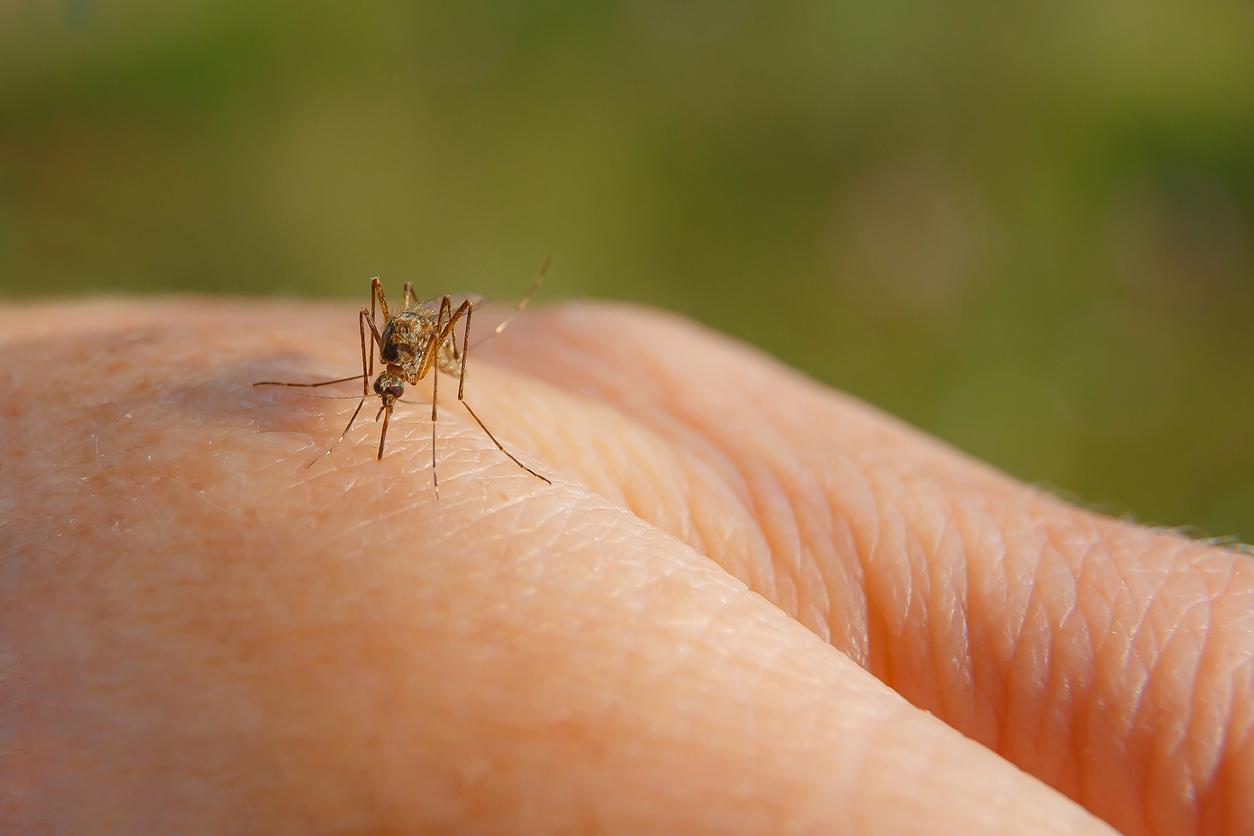In the Var, three people were infected with the West Nile virus, an arbovirus mainly transmitted by mosquitoes of the genus Culex.

- The Provence-Alpes-Côte d’Azur (Paca) Regional Health Agency (ARS) has detected three indigenous cases of West Nile virus infection, transmitted by Culex mosquitoes.
- A man, who is being treated in hospital, has also been infected with this arbovirus, which causes a flu-like syndrome and can, more rarely, cause neurological complications.
- To limit the risks of contamination, it is advisable to protect yourself from mosquitoes by using physical means (long, loose clothing, mosquito nets, repellents).
This Monday, August 12, the Regional Health Agency (ARS) Provence-Alpes-Côte d’Azur (Paca) reported having detected three cases of infection with the West Nile virus, a viral disease transmitted by mosquitoes, mainly of the genus Culex, which are contaminated exclusively through contact with infected birds. As a reminder, the Culex mosquito is the common mosquito in metropolitan France. It bites mainly in the evening and at night, unlike the tiger mosquito which bites mainly during the day. In a press releasethe agency specified that, among the adults affected in the Var, one person was in Ollioules, another in Six-Fours-les-Plages and the last in La Seyne-sur-Mer. “It should be noted that an equine case was identified during the same period in Six-Fours-les-Plages.”
West Nile virus: ARS Paca has strengthened the infection surveillance system
For the time being, these three indigenous cases are the subject of an investigation, conducted in collaboration with the regional unit of Public Health France, in order to identify possible places of contamination. The Interdepartmental Mosquito Control Agreement (EID) Méditerranée is also conducting investigations in these sectors in order to identify “potential breeding grounds for Culex mosquitoes.” At the same time, the ARS Paca has strengthened the surveillance system for West Nile virus infections, which manifests itself as a flu-like syndrome (fever, headaches, muscle pain and sometimes accompanied by a rash) and can, more rarely, cause neurological complications. To this end, it has raised awareness among establishments and health professionals in the sector about the identification and screening of any suspected cases. “Finally, measures to secure blood and organ donations in the Var have been temporarily implemented by the French Blood Establishment (EFS) and the Biomedicine Agency (ABM).”
First human case of arbovirus infection detected in Guadeloupe
In Overseas, this arbovirus has also infected one person. “The circulation of the West Nile virus was highlighted in Guadeloupe by a serological study in horses in 2002. Since then, epidemiological surveillance of the virus, including animal, human and entomological components, has been set up. On June 28, the virus was detected in two horses in Guadeloupe.” On August 7, ARS Guadeloupe has been informed that a man was bitten and infected by mosquitoes carrying the disease during his stay on the archipelago. He is currently being treated in hospital.
West Nile virus: how to limit the risks of contamination?
To protect yourself from this viral disease, the ARS Paca and Guadeloupe recommend eliminating stagnant water, which is conducive to the development of mosquitoes, inside and around homes to prevent the proliferation of mosquitoes (under pots, bowls, gutters, debris, etc.). In order to avoid bites, they recommend wearing covering and loose clothing, especially in the evening. Prevention also involves the use of repellents on exposed areas of skin, mosquito nets, electric diffusers in homes and insecticide coils outdoors. These “These measures also help protect against the dengue virus, which is also transmitted by mosquito bites.” If you experience symptoms suggestive of West Nile virus infection, you should seek medical attention immediately.















